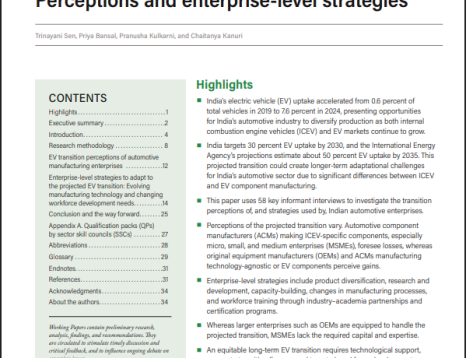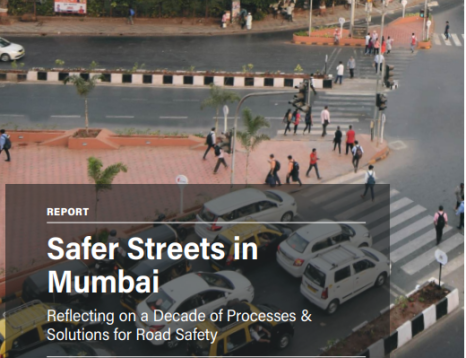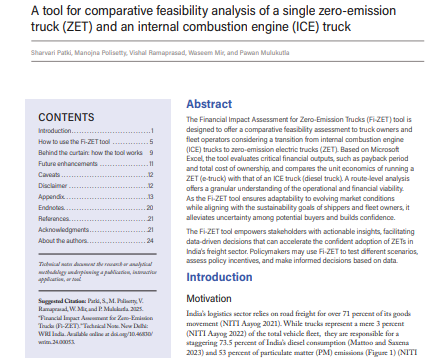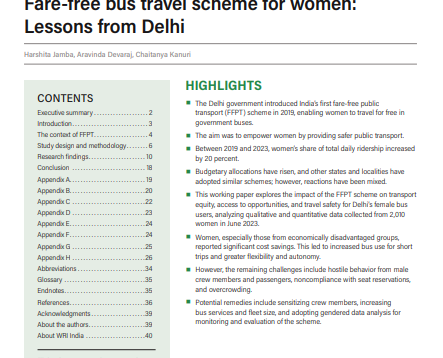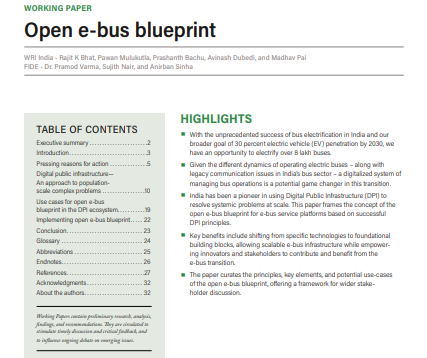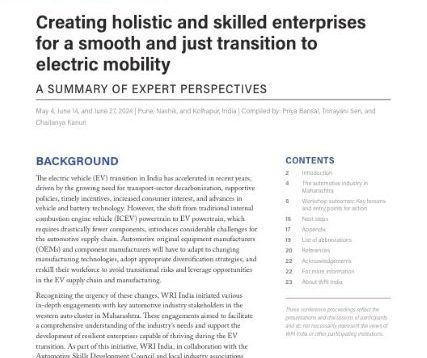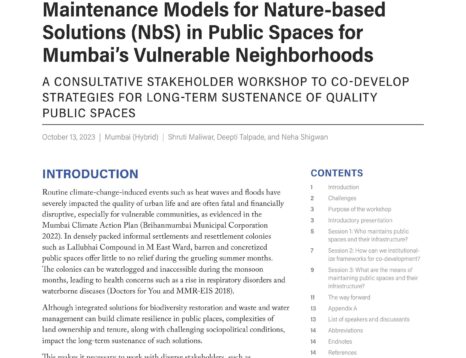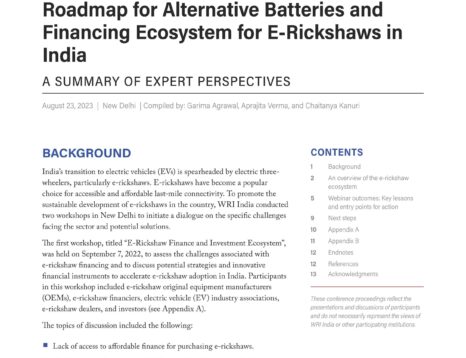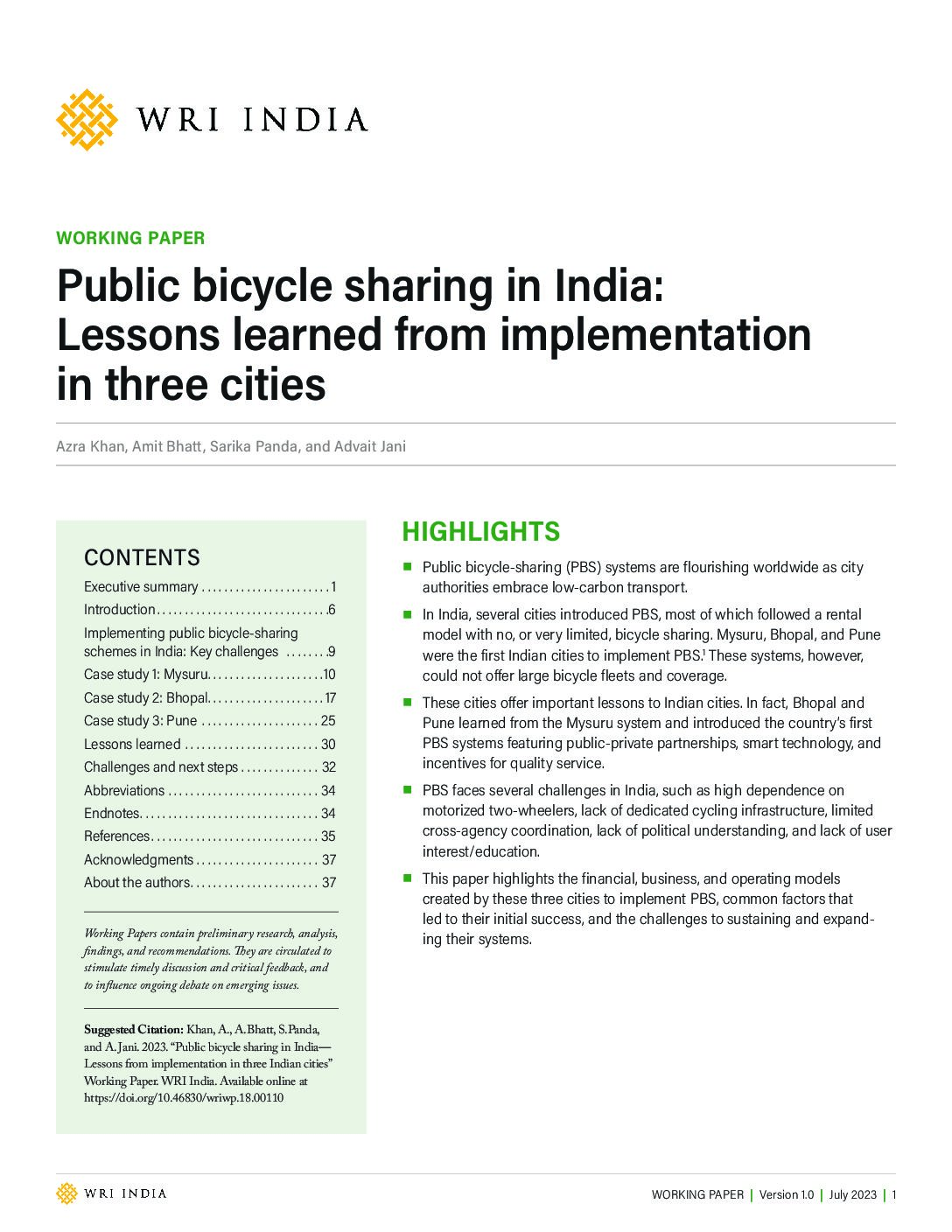
This working paper examines the growth and challenges of public bicycle-sharing (PBS) systems in India, within the context of global efforts towards low-carbon transport. While many Indian cities initially adopted rental-based PBS systems with limited bicycle availability, Mysuru, Bhopal, and Pune emerged as pioneers, introducing innovative models based on public-private partnerships, smart technology, and quality service incentives. The paper sheds light on the lessons learned from these cities, including the significance of cross-agency coordination, political support, and user education. It also explores the financial, business, and operating models implemented, the factors contributing to their initial success, and the ongoing challenges faced in sustaining and expanding these systems.


